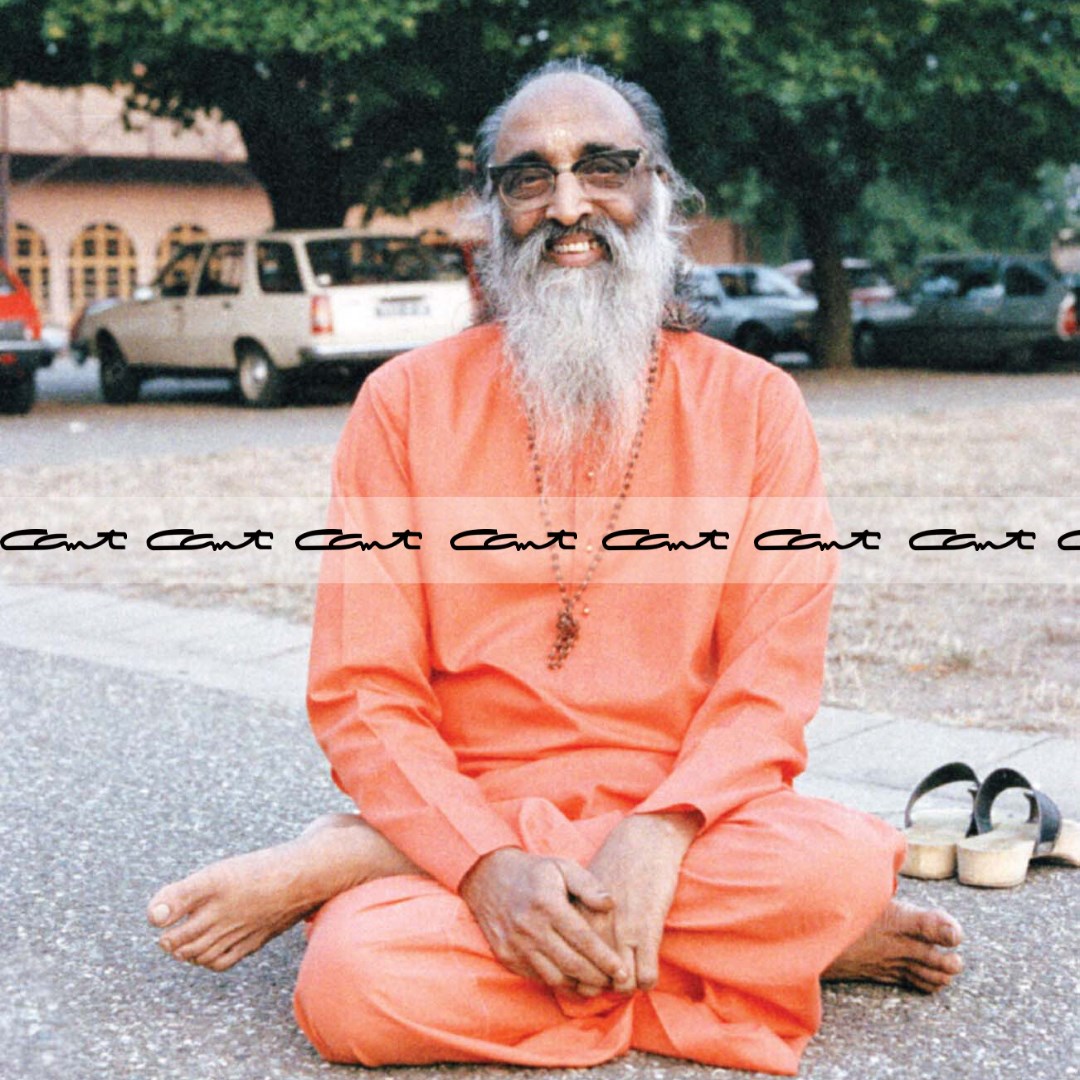Srimad Bhagavad-Gita : Chapter-15. Sloka - 5.
===============================================================
"This chapter is very important, hence kindly follow and understand each slokam well."
=============================================================
Wednesday, September 03, 2020. 11 : 34. AM.
Srimad Bhagavad-Gita
Chapter-15. Purushothama-yogam
Slokam -5.
-------------------------------------------------
Slokam-5.
"Nirmana-moha jita-sanga-doshaadhyatma-nitya vinivrtta-kamah,
dvandvair vimuktah sukha-duhkha-samjnair
gacchanty amudhah padam avyayam tat."
------------------------------------------------------
Translation :
Nirmana-moha = those who have no thought of respect and illutions;jita-sanga-dosha = defeated the bad-effects of assocations;
adhyatma-nitya = and they practice regularly meditation, upon Paramatma;
vinivrtta-kamah = detached fromm all types of desires;
sukha-duhkha-samjnaiah = the objects of joy and sorrows;
dvandvaiah vimuktah = withdrawn from dualities;
amudhah = unbewildered, seekers;
tat avyayam padam = that unperishable, and eternal abode;
gacchanti = attain.
----------------------------------------------------------
Slokam-5. Tattvam (Essence ) :
One who is free from illusion, false prestige, and false association, who understands the eternal, who is done with material lust and is freed from the duality of happiness and distress, and who knows how to surrender unto the Supreme Person, attains to that eternal kingdom.---------------------------------------------------------
Discourse :
n this slokam, Shree Krishna has explained the requisites for complete surrender to the Supreme Lord, who is at the base of this enigmatic aśhvatth tree. The first step is to give up all pride, which is due to ignorance. The embodied souls have an illusion that they are the governors of all the material wealth that they have acquired, and continue accumulating more. Their minds are blinded by pride borne by ignorance, they think that all this is for their enjoyment, and would continue giving them happiness. A soul in such a state does not comprehend God as the owner of all. Thus, cannot surrender unto his will.Only through proper knowledge of God can this false notion of being the enjoyer be removed. It is necessary to realize that God alone is the owner of all the material energy and it needs to be used for his service only. He is the master of the entire creation, and the souls are his eternal servants. The souls should give up the attitude of pride and develop an attitude of selfless service to the Lord. This can be achieved by understanding the true nature of the self as the eternal servant, eliminating material attachments that pull us towards the world and away from him. The Padma Purāṇ states:
“The Supreme Lord Narayan is the controller and the Lord of the world. All moving and non-moving beings and entities in this creation are His servants.” Hence, as our desire to serve God increases, the illusion of being the enjoyer of prakṛiti (material world) gets gradually eliminated and the heart is cleansed. Jagadguru Shree Kripaluji Maharaj emphasizes this above everything else, as the most powerful means for purifying the heart:
“Out of a hundred advice for purification, the most important is this. Let your mind be absorbed in the divine flute-player, Shree Krishna, and keep increasing your desire to serve Him. This counsel is more important than a hundred such gems of knowledge.”
But what happens once our etheric hearts are cleansed and become perfectly situated in the loving service of the Lord? In this verse, Shree Krishna says that all those perfected souls enter his spiritual realm and stay there forever. Once the state of God-realization is achieved, the material realm serves no purpose, the soul is free from the cycle of life and death. It now stays in God’s divine Abode along with other perfected, God-realized souls. The material realm is only one-fourth, while the spiritual realm is three-fourths of the entire creation. As a city prison only occupies a small part of a large city, similarly, the material realm is a very small part of God’s vast creation. The Vedas state:
“This temporary world made from the material energy is but one part of creation. The other three parts are the eternal Abode of God that is beyond the phenomenon of life and death.”
In this slokam Lord Krishna describes other means of attaining the Supreme state.
Those blessed jivas or embodied beings who have relinquished such illusions as love for things not related to the atma or immortal soul attain unto the Supreme Lord Krishna as their saviour.
The evils of desire and attachment captivates one by sense gratification bewilderd by the three gunas or modes of material nature.
Those that surmount this are:
1) nirmana mohan means free from pride and false ego conception of being their body,
2) adhyatma-nityah means those engrossed in the eternal knowledge of the atma,
3) vinivrtta-kamah means totally free from lusty desires by only desiring the atma,
4) vimukta dvandvair means completely liberated from conceptions of dualities.
Those that achieve the above attain avyayam padam or the eternal supreme transcendental state by atma tattva or realisation of the immortal soul and its unlimited intelligence characterised by it infinitely expanded consciousness.
To those whose faith in the Supreme Lord Krishna is bonafide by acceptance of a spiritual guru in authorised disciplic succession and whose devotion is absolute due to the mercy of the spiritual master and receiving knowledge of bhakti or exclusive loving devotion unto the Supreme Lord.
Then Lord Krishna Himself initiates the previously mentioned four attributes and their success is effected solely by His grace.
Then they are all easily traversed until perfection comes and the goal is reached.
To be continued ....
===================================================================









Comments
Post a Comment